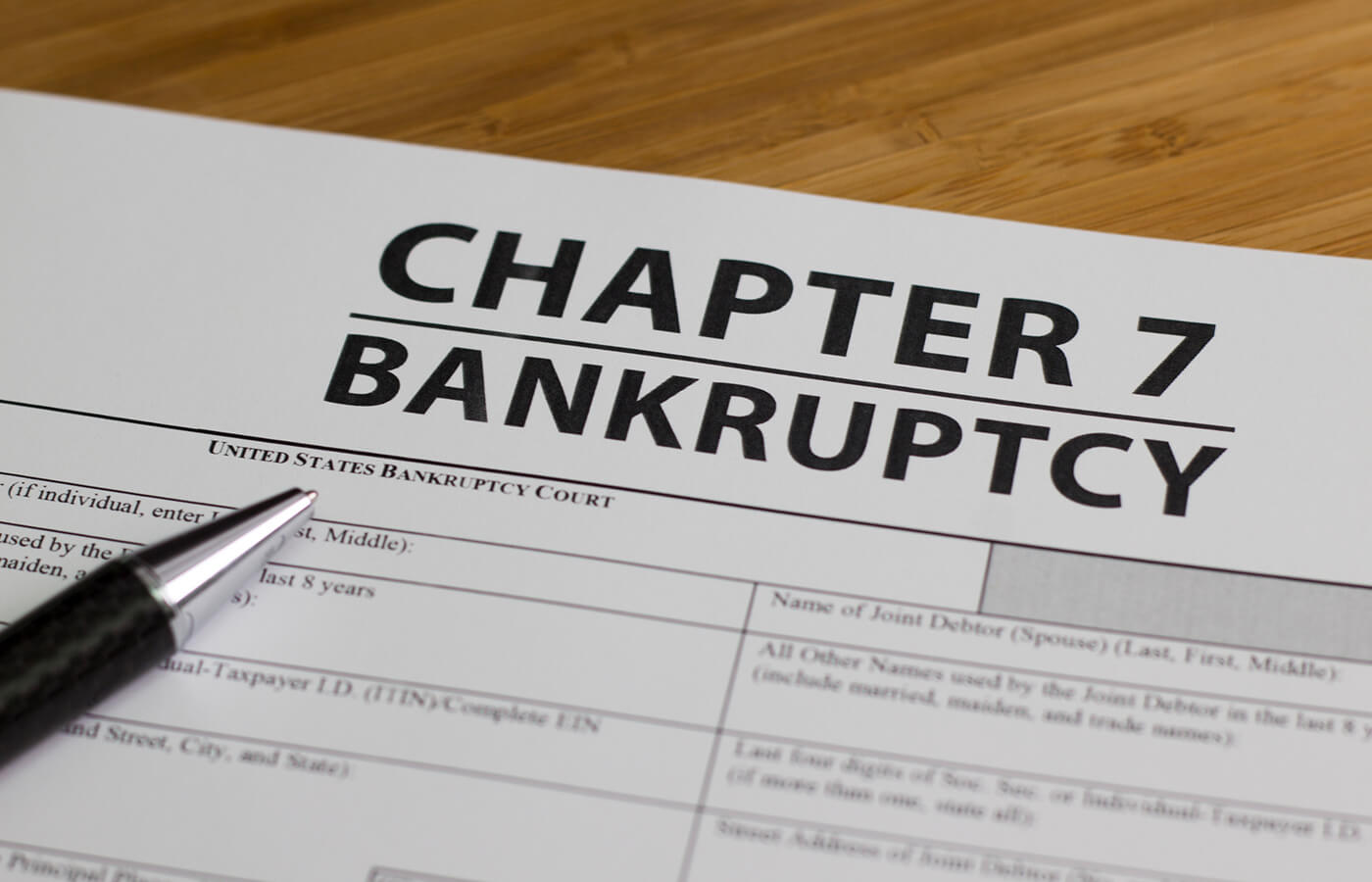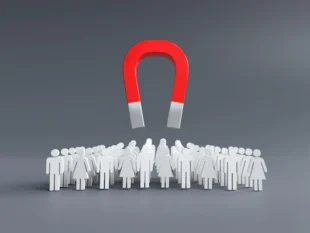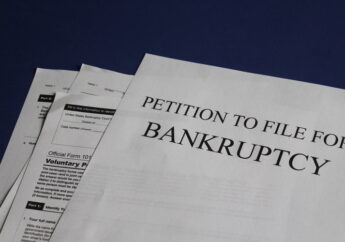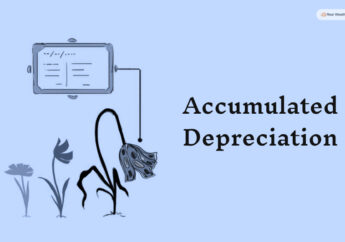Chapter 7 Bankruptcy: What Is It & How To File?
by Mashum Mollah Finance 10 November 2020

Chapter 7 bankruptcy comes with its perks. When a person faces a scenario of bankruptcy, most of the overwhelming debts are wiped out under the federal court’s protection. Yes, you might have to give up some assets to get this feature, but, hey, if your debt is being wiped out, then you can at least do this much.
In the USA, chapter 7 bankruptcy is the fastest and the most common bankruptcy. It clears out most of the unsecured debts: debts without any collateral, credit card debt, personal loans, and student loans.
If you ever face bankruptcy under chapter 7, it will leave a bad remark on your credit score for 10 years. During these 10 years, you will most likely face a bad credit score. However, after filing for Chapter 7 bankruptcy, you will see that your credit score is improving slowly.
This is why almost all experts recommend that you work with a Pennsylvania bankruptcy attorney. Negotiating something as complicated as bankruptcy requires in-depth and precise knowledge of documenting legal and financial paperwork, filing claims, and negotiating with various stakeholders including the courts, IRS, and other parties. If you make a mistake it can come back to haunt you and derail your expectations from the bankruptcy filings.
How Can You Qualify For Chapter 7 Bankruptcy?
Here are the things that you need to consider if you want to qualify for chapter 7 bankruptcy.
- Means Test: If you are looking to qualify for the chapter bankruptcy, you need to qualify for the Means Test. This test looks at your income, expenditure, and assets.
- If you have experienced past bankruptcy, then you cannot pass for chapter 7 bankruptcy. According to the law, you can apply for chapter 7 bankruptcy only after eight years and 13 bankruptcy after six years.
- You can file a petition for chapter 7 and chapter 13 bankruptcy only after 180 days of your failed petition, or you have failed to make an appearance in the court.
How Do You File Chapter 7 Bankruptcy?
If you can follow this process, you can easily get approved in the next six months.
1. Credit Counseling
Before you can file a petition for chapter 7 bankruptcy, you need to go through credit counseling. This counseling goes through your income and expenditure and then determines your credibility.
2. Find An Attorney
No matter how experienced or confident you are with forms handling, it is advisable that you hire a qualified bankruptcy attorney to help you with all the legal documentation. Filing a loan after bankruptcy can be very tricky. Having a bankruptcy attorney by your side is reassuring.
3. File Paperwork
Your attorney can only help you to file all the necessary petitions of chapter 7. It is you who will gather all the documents of your income, expenditure, and assets. At this point in legal work, an automatic stay goes on your debt. That means your creditors cannot sue you.
4. Trustee Takeovers
Once all the paperwork is submitted and your petition is filed, a court-appointed trustee takes over the proceedings.
5. Meeting Of Creditors
The trustee will be responsible for arranging meetings between you, your lawyers, and creditors. You have answered the question of the trustees and creditors and have to explain your finances and bankruptcy.
6. Your Eligibility
After hearing your explanation, the trustee will go through the paperwork, and then they will decide whether you are eligible for chapter 7 bankruptcy.
7. Nonexempt Property
The trustee will determine whether the assets you possess can suffix the bankruptcy or not. These may not include jewelry, properties of your house, or anything that might be of higher value than the exemption limit.
8. Secured Debts
To resolve the debt you own, your property can be used as collateral and may be ordered to return to the creditors. You can even talk with the creditors if you can give something else that will suffix the property in terms of market value.
9. Education Courses
Now that the case is about to close, you will have to take a financial counseling class from a non-profit organization to ensure that you have the right knowledge of financial management.
10. Discharge
The whole case might take time between 3 to 6 months. During this time, your petition is filed, and eligible debts are forsaken.
The Bottom Line
Your financial life will need some attention after you have faced bankruptcy. When you are in a pinch with bankruptcy, you can always apply for chapter 7 bankruptcy and ask for relieving you from some of the debts. Once this happens, you can have a fresh start. However, ensure that this time you have the right financial management plan.
Read Also:







































































































